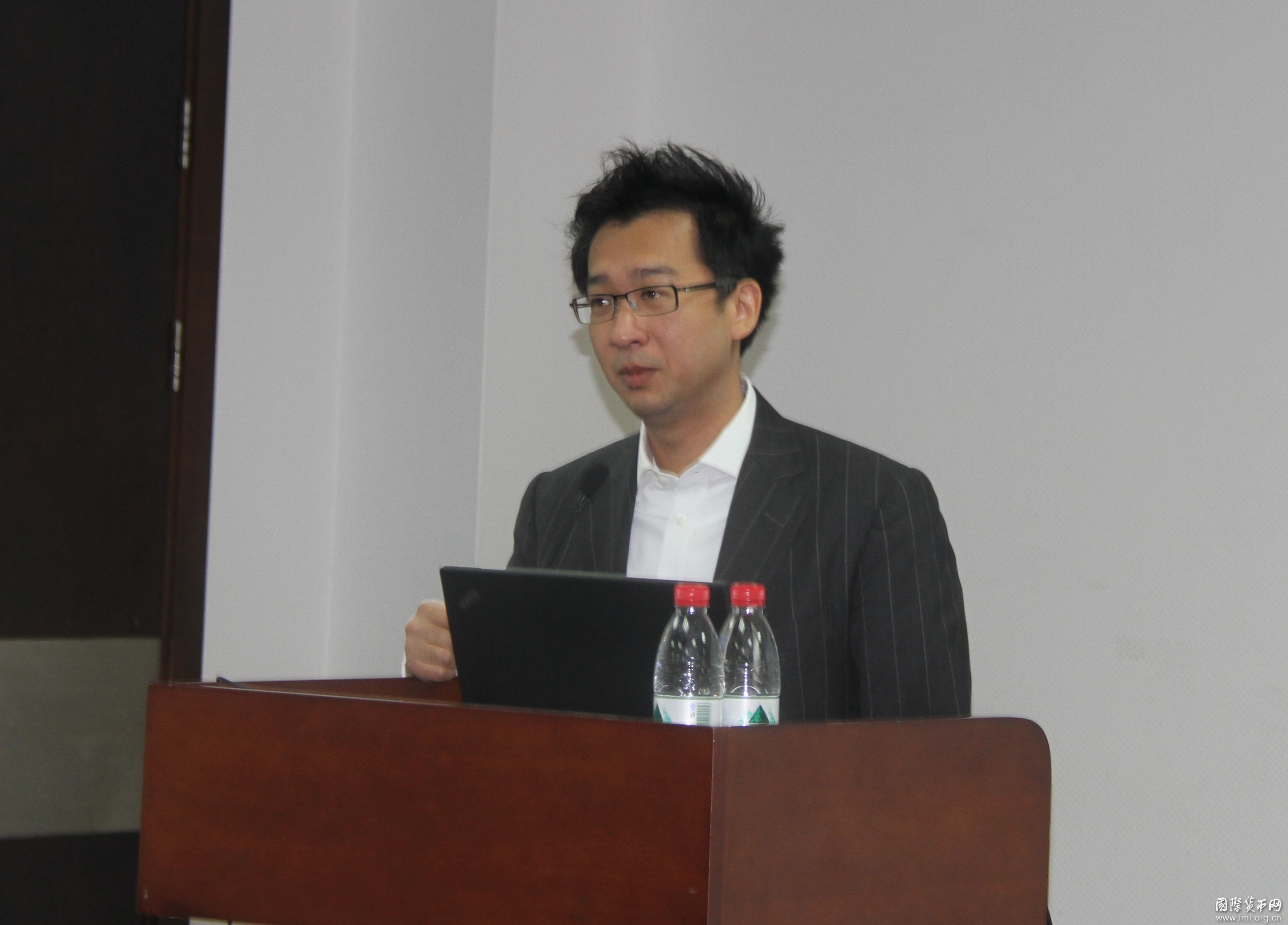Tao Xiang International Finance Lectures (No. 2): Insights into the Global Asset Allocation
2015-12-21 IMI In the speech, Mr. Hong first shared some thoughts on the reserve asset allocation of central banks worldwide. By studying the key phenomena in the current global monetary system and analyzing the investment decisions made by sovereign wealth fund, he pointed out 3 factors that had caused the slowdown of the total reserve asset accumulation of central banks. First, China’s foreign-exchange reserves declined; second, the forex reserves of oil producing countries dropped due to the sharp decline of oil prices; and third, the central banks of developed countries cut their holdings of US dollars because they no longer need to intervene in the foreign exchange market. However, US dollars accounted for 68% of the world forex reserves, which made non-dollar currencies under more pressure during forex reserve restructuring, causing the dollar to appreciate.
He then analyzed how China should react under the new circumstance, and predicted that China’s service sector may witness a breakthrough in the upcoming future. He also analyzed the saving glut in China by citing the money shortage in June 2013 and the stock market bubble in 2015. He believed that as there is great need for domestic asset allocation, the exchange rate of RMB would be the most important one in the asset class. China’s central bank has adopted the RMB exchange rate formation mechanism, and other central banks would continue to witness slowdown in forex reserve asset accumulation. He emphasized that we must take into account the reduced demand for US treasuries when we invest and allocate assets especially.
In the speech, Mr. Hong first shared some thoughts on the reserve asset allocation of central banks worldwide. By studying the key phenomena in the current global monetary system and analyzing the investment decisions made by sovereign wealth fund, he pointed out 3 factors that had caused the slowdown of the total reserve asset accumulation of central banks. First, China’s foreign-exchange reserves declined; second, the forex reserves of oil producing countries dropped due to the sharp decline of oil prices; and third, the central banks of developed countries cut their holdings of US dollars because they no longer need to intervene in the foreign exchange market. However, US dollars accounted for 68% of the world forex reserves, which made non-dollar currencies under more pressure during forex reserve restructuring, causing the dollar to appreciate.
He then analyzed how China should react under the new circumstance, and predicted that China’s service sector may witness a breakthrough in the upcoming future. He also analyzed the saving glut in China by citing the money shortage in June 2013 and the stock market bubble in 2015. He believed that as there is great need for domestic asset allocation, the exchange rate of RMB would be the most important one in the asset class. China’s central bank has adopted the RMB exchange rate formation mechanism, and other central banks would continue to witness slowdown in forex reserve asset accumulation. He emphasized that we must take into account the reduced demand for US treasuries when we invest and allocate assets especially.
